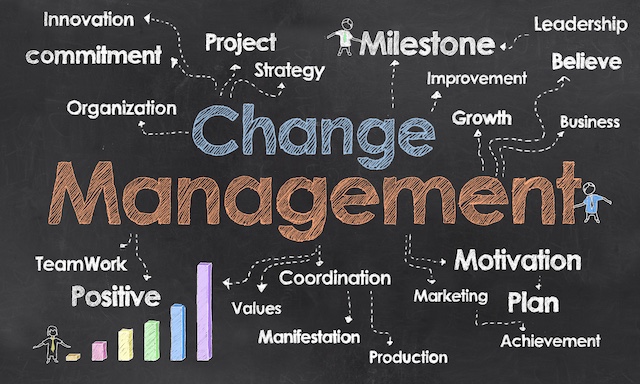What Are HR Processes?
Human resource (HR) processes refer to the standardized systems and practices for managing people within an organization. In simpler terms, HR processes encompass the end-to-end procedures designed to acquire, develop, and retain a productive, engaged workforce that propels business performance. Core HR processes span the employee lifecycle from pre-hiring activities like workforce planning and recruitment through ongoing talent development, compensation management, and retention programs. They also include processes to ensure legal compliance, data-driven people decisions, and operational workforce support. Well-designed HR processes enhance the employee experience and align human capital strategy to key business objectives. Following consistent protocols and best practices for essential workforce activities like onboarding, performance management, and succession planning enables organizations to attract, motivate, and optimize their talent pool.
What Are Some Examples of HR Processes?
Some key examples of human resource processes that provide infrastructure to manage people within an organization include:
- Recruitment and Selection: This process involves finding and hiring the right people for the job. It includes tasks such as job posting, interviewing, and reference checking.
- Onboarding: This process helps new employees adjust to their new roles and the company culture. It may include training, introductions to colleagues, and setting performance goals.
- Performance Management: This helps employees understand their job expectations and provides feedback on their performance. It may include regular performance reviews and goal setting.
- Compensation and Benefits: It involves determining how much to pay employees and what benefits to offer them. It may include salary calculations, benefits administration, and retirement planning.
- Training and Development: This process helps employees learn new skills and knowledge. It may include formal leadership training programs, on-the-job training, and tuition reimbursement.
- Employee Relations: This process involves managing relationships between employees and the organization. It may include resolving conflict, addressing grievances, and promoting employee engagement.
How Can HR Leaders & Executives Manage HR Processes Efficiently?
HR leaders and executives can manage HR processes efficiently by implementing several key strategies. Firstly, invest in technology solutions like HRIS (Human Resource Information System) to automate routine tasks, streamline data management, and enhance overall process efficiency. Establish transparent and standardized processes, ensuring consistency in HR operations and reducing the likelihood of errors. Regularly review and update HR policies to align with evolving business needs and legal requirements. Foster strong communication channels within the HR team and across the organization to facilitate collaboration and information-sharing. Prioritize employee training and development to ensure HR staff stays updated on industry trends and best practices. Lastly, regularly assess the effectiveness of HR processes through performance metrics and feedback mechanisms, allowing for continuous improvement and adaptation to changing organizational needs.




